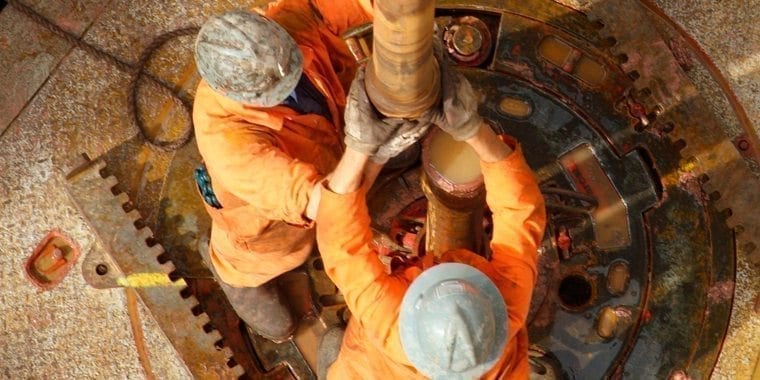
OGP Global Industry Response Group updates regulators on post-Macondo developments
London, 9 September, 2010:
OGP’s Global Industry Response Group (GIRG) has announced the formation of a new team to work on a review of ways to contain oil spilled if any incidents similar to Macondo in the Gulf of Mexico should occur again. The team expects to report on initial recommendations in three to six months.
The announcement came in a presentation by Joep Coppes of Shell – GIRG co-ordinator and a member of OGP’s Management Committee – at a special meeting on 8 September of the International Regulators’ Forum (IRF).
According to the IRF, the aim of its session outside Washington, was to “debate and develop a coordinated and harmonized response to the many complex and challenging issues that are facing safety regulators arising from the events in the Gulf of Mexico and in Australia.” The event attracted participants from Australia, Brazil, Canada, the Netherlands, New Zealand, Norway, the UK and the US.
Mr Coppes told the regulators that 10 companies have already committed members of their staff to the recently-formed GIRG on a full-time basis for the next two months. During this period they will also liaise with – among other groups and industry associations working the issue – the four-company consortium recently established to develop a marine well containment component specifically for use in the Gulf of Mexico. “A milestone in the process will be a meeting with the consortium in Houston later this month,” he said. “Discussions there will help to determine if some aspects of the Gulf of Mexico design could be applicable elsewhere in the world, depending on regional conditions and requirements”, Mr Coppes told the regulators.
The GIRG’s London-based containment team, which has both analytical and technical/design capabilities, is reviewing the need for similar systems beyond the Gulf of Mexico, Mr Coppes said. To that end, regional analyses, some of which have already begun, are aimed at getting a better understanding of a range of parameters. “These include seabed conditions, reservoir pressures, currents and other local factors. The process is also taking into account national and regional legislation and stakeholder views,” he said.
“Wherever the industry operates, a more standardised approach is preferred to prevent unnecessary duplication. This is in keeping with one of OGP’s key aims: global standards used locally worldwide,” he said.
Mr Coppes also pointed out that the oil and gas industry has safely drilled 14,000 wells in depths of 300 metres or more. “But just a single spill, a single incident, a single injury or fatality is one too many,” he stressed. “So working with regulators and other stakeholders, our collective aim should be to ensure that the right solutions are in place wherever the oil and gas industry operates – including deep water.
“If we are going to continue to provide the world with the oil and gas that it will need for decades to come, there is no alternative to future deep water development. Together,” he told the IRF, “we can make sure that such operations are safe and sound.”
About the GIRG:
As the scale and significance of the Macondo incident became apparent, OGP’s Management Committee met to determine the best way for the Association to tackle the challenges highlighted in the Gulf of Mexico. The result was the formation of the GIRG as announced in Brussels on 14 July. Its initial remit was to focus on the outcome of the official investigations and to identify – and help to answer – other questions about what happened in the deep waters of the Gulf of Mexico. In this role, the GIRG will prevent unnecessary duplication of effort and identify gaps of areas not yet covered.
